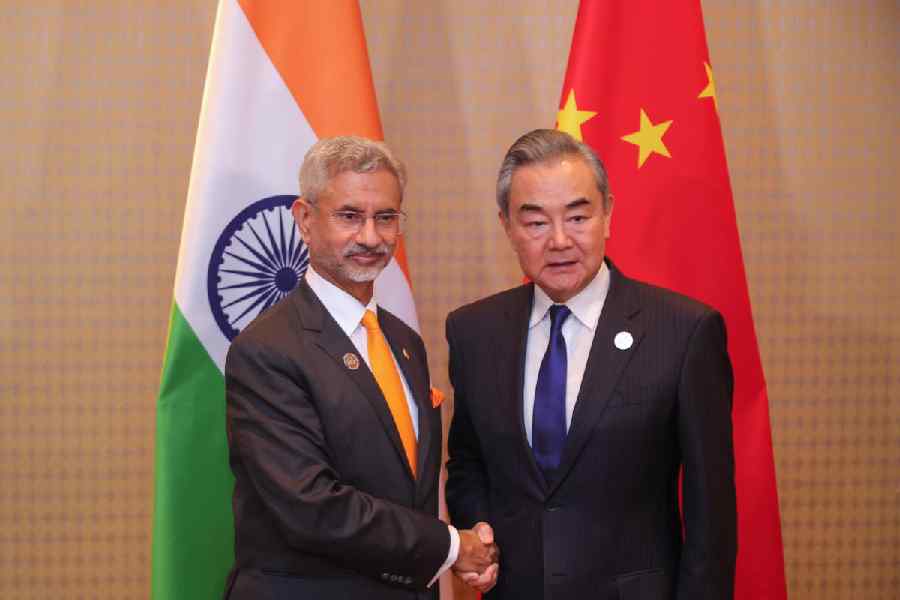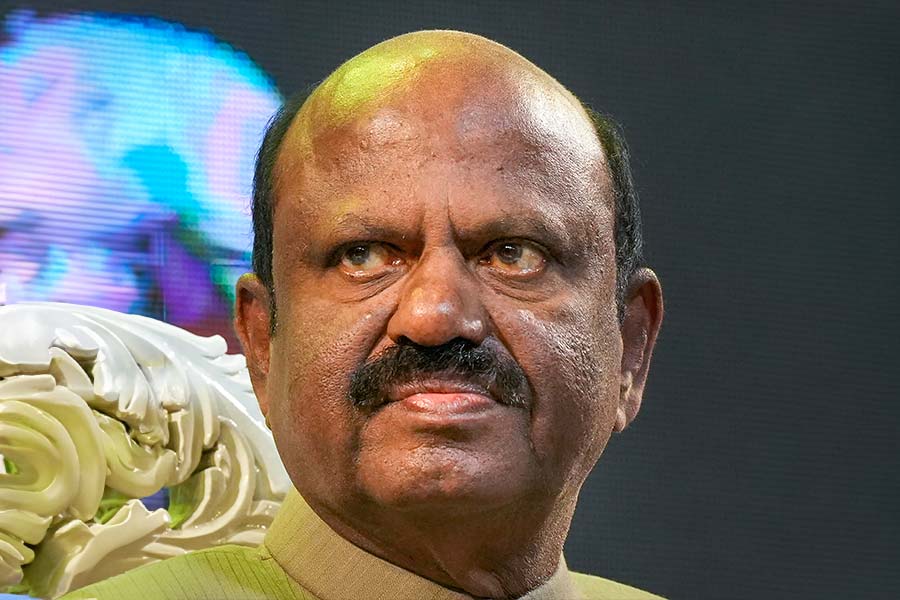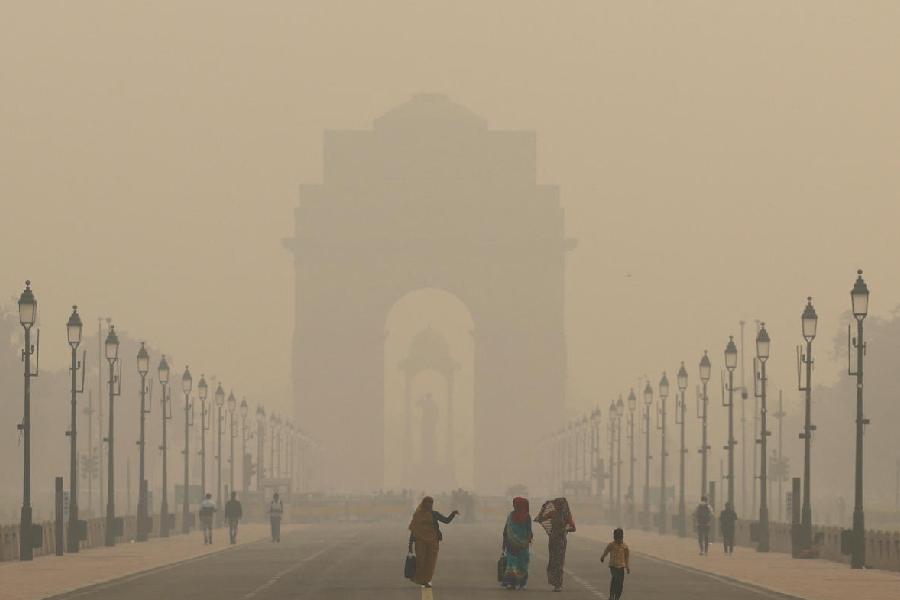India and China should implement the important consensus reached by Prime Minister Narendra Modi and President Xi Jinping at their summit in Russia, Chinese Foreign Minister Wang Yi said in his meeting with External Affairs Minister S Jaishankar on the sidelines of G20 meeting at Rio De Janeiro.
Wang, also a member of the Political Bureau of the ruling Communist Party, said that the successful meeting between Xi and Modi on the sidelines of last month’s BRICS summit in Kazan and the restart of China-India relations are in line with the fundamental interests of the two peoples, the expectations of Global South countries and the right direction of history.
The two sides should implement the important consensus reached by the two heads of state, respect each other's core interests, enhance mutual trust through dialogue and communication, handle differences properly with sincerity and integrity, and bring the bilateral relationship back on track of stable and sound development at an early date, state-run Xinhua news agency reported, citing an official statement on Wang-Jaishankar meeting on the margins of G20 Summit at Rio De Janeiro on Monday.
At their Kazan meeting, Modi and Xi endorsed the India-China agreement on patrolling and disengagement along the Line of Actual Control (LAC) in eastern Ladakh and issued directions to revive various bilateral dialogue mechanisms, signalling attempts to normalise ties that were hit by a deadly military clash in 2020.
Wang said the two sides should send more positive signals and engage in actions that facilitate bilateral exchanges, enhance mutual trust and reduce suspicion, and carry out more cooperation and reduce attrition.
The two sides should strive to make practical progress in such issues as resuming direct flights, exchanging journalists and easing visa procedures as soon as possible, Wang said.
Noting that next year marks the 75th anniversary of diplomatic ties between China and India, Wang said the two sides should plan commemorative activities, and encourage exchanges and visits in various fields and at different levels to enhance understanding and mutual trust.
China and India, as two neighbouring major developing countries, have more common interests than differences, and they should view each other's development as an opportunity and work together to achieve common development and rejuvenation, which will help safeguard the legitimate rights and interests of developing countries and contribute to global multipolarity, he said.
Both China and India adhere to a non-aligned foreign policy and multilateralism, and support the democratisation of international relations, Wang said, adding that the two countries should continue to strengthen coordination and cooperation in international affairs and further develop mechanisms such as BRICS and the Shanghai Cooperation Organisation.
Except for the headline, this story has not been edited by The Telegraph Online staff and has been published from a syndicated feed.











